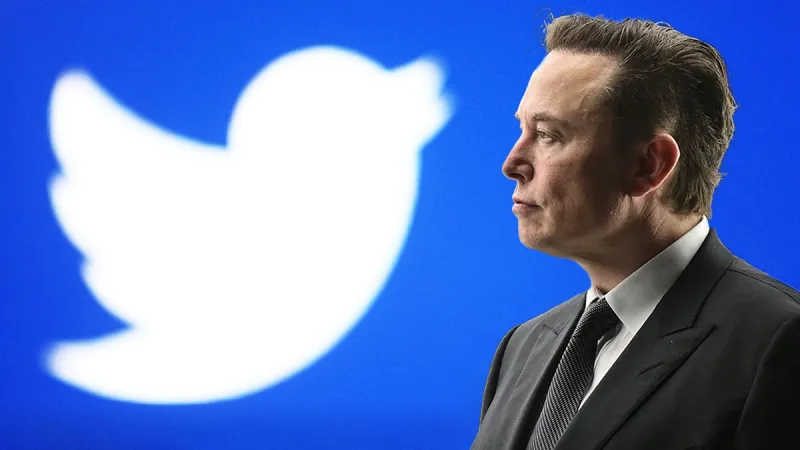A new analysis has shown that half of people regularly tweeting about the climate and nature crises abandoned Twitter after it was taken over by Elon Musk.
According to the researchers, Twitter, now renamed X, had previously been the leading social media platform for environmental discussion and the decline was “troubling”. They said the “exodus of environmental users on Twitter is an existential threat” to a main way of informing people who want to take climate action.
Musk, who has called himself a “free speech absolutist”, radically cut Twitter’s content moderation staff after the takeover, which began in April 2022 and was finalised in October 2022. Reports have also found rising climate change dis- and misinformation on the platform and a dramatic increase in hate speech.
Scientists and others were quoted as saying in December that there had been a surge in debunked climate change denialist talking points on Twitter since the Musk takeover.
To come up with their results, the researchers studied 380,000 users who tweeted regularly about global heating and biodiversity and found that 47.5% had become inactive six months after the final takeover. By comparison, only 21% of a control group of 458,000 who tweeted about US politics became inactive in the same period.
Read also: Union says Biden’s climate bill leaves workers behind in shift to electric cars
“The incredible power of Twitter was that it was this open forum where people could share ideas and opinions and influence other people,” said Prof Charlotte Chang, of Pomona College in the US, who led the research. “We have this immense challenge of empowering stakeholders across all sectors of society to take action to halt the loss of biodiversity and to combat catastrophic climate change. We were pretty disheartened to find that after the sale, our environmental Twitter community has really declined.”
The analysis, titled: Environmental users abandoned Twitter after Musk takeover, is published in the journal Trends in Ecology & Evolution. It analysed the Twitter use of the groups in 15-day intervals from July 2019 to April 2023. A user was deemed to be active if they tweeted at least once about their topic in a 15-day window.
Chang was quoted as saying that it was uncertain where the environmental discourse now missing from Twitter might be moving to, with Mastodon, Threads and Instagram yet to replicate the past success of Twitter in this area. She said the decline on Twitter could well continue, with previous research on social networks noting a snowball effect where users leaving leads to others following.
Story was adapted from the Guardian.
